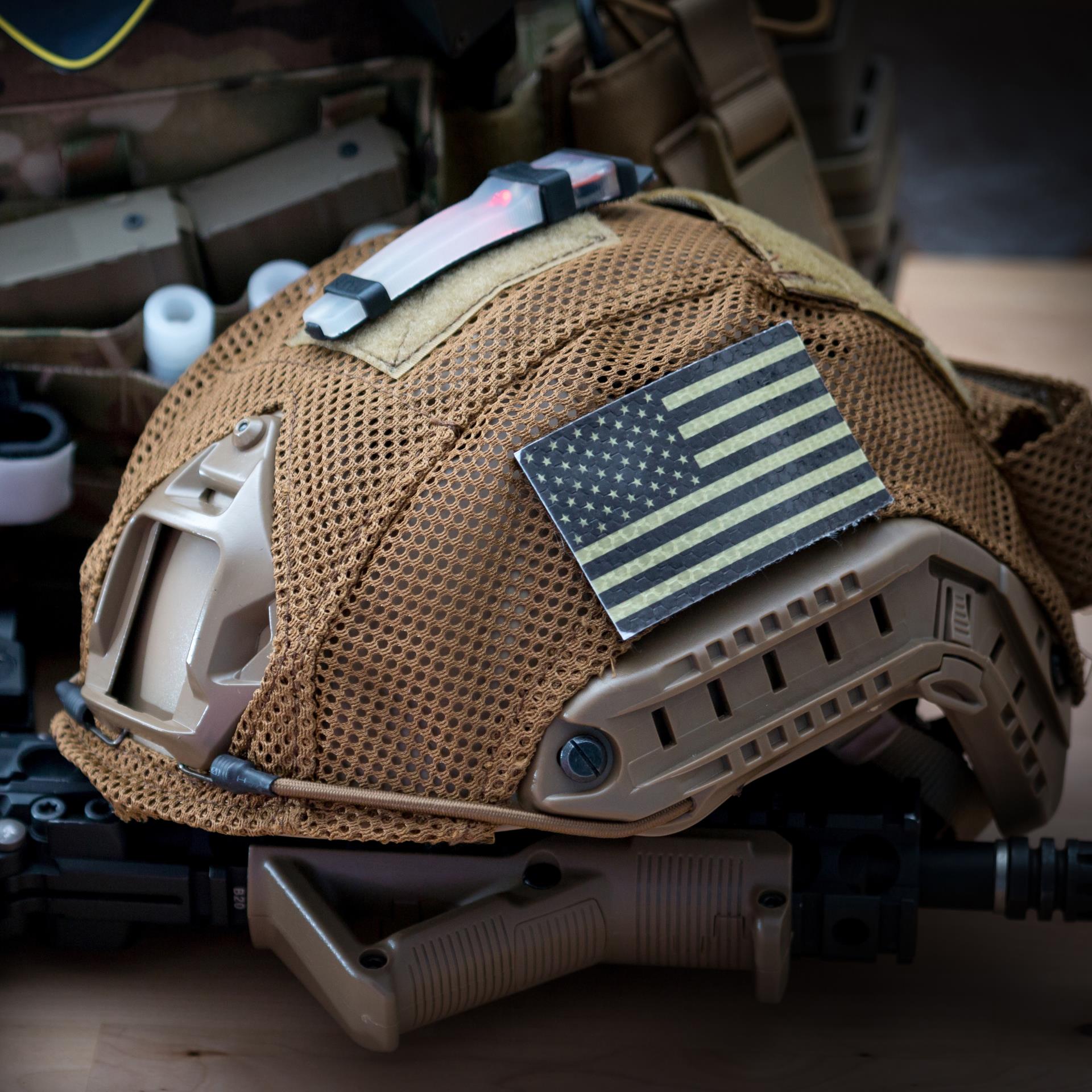
Posted on January 17, 2019 by FTA Protect in Uncategorized
Military Vs. Civilian Training: Closing The Gap

Military vs. Civilian Training: Closing The Gap
It is important for firearms trainers to possess self awareness. If you come from a military background and you are going to train civilians then it is important that you engage in professional development to better understand the various self defense laws and concealed carry laws in the states and communities where you teach classes. Terms that are used with students matter. There is no use of force continuum for civilians that involves shooting all military aged males! So, it is important to acknowledge the differences between the military world and the civilian world and increase your knowledge and experience teaching within the parameters of the use of deadly force, not the traditional Rules of Engagement military model.
Most trainers with military experience may actually have limited experience with the handgun platform when compared to those from the civilian world and law enforcement. So, be mindful of that potential experience gap and fill it with being a student yourself. Take classes from those with no LEO or MIL background, see how things are different. Educate yourself by learning more about self defense laws. Consider taking an online class from attorney Andrew Branca, as well as reading his book Law of Self Defense. It really should be considered mandatory for review. Likewise, the app by Legal Heat allows you to quickly answer questions from students about how the laws of concealed carry work in every state in the U.S., including an easy to navigate comparison of the always evolving issue of reciprocity of permits by state and important information like magazine restrictions.
The military world is significantly different from civilian world. The language you use to speak to someone from the military is quite different than a civilian. Use of acronyms and military jargon will be lost on your students who come from the civilian world. Consider the use of yards rather than meters. Everyone will know what you are referring to. This means effective communication. Communication is the foundation of good teaching.
Attitude towards students is also something worthy of a hard look. Civilian students don’t have experience being the target of yelling. In the civilian world, most have been through work related “hostile work environment” training. So, they have no frame of reference for a grown adult yelling in their face. They have been conditioned to perceive this as an incredibly negative experience. You may justify this by claiming stress inoculation training being incorporated into your curriculum. If you think this is an effective teaching method, then you should disclose it on your website and in class handout/material. Civilians will want this information before spending the money to take your class. It doesn’t matter whether you are right or not. Civilians expect to give their consent to be treated in such a way. By doing so, you will limit any bad experiences of students and eliminate the likelihood of students writing and posting negatively on social media.
Trainers with a MIL background should be careful using descriptive terms on videos, websites, etc., that are overly military in nature. Using words like “attack”, “destroy the enemy”, etc. may be common and acceptable in military engagements. But, they are not in civilian self defense. You would not want a student cross examined in a self defense shooting over your course material or social media posts. A lawyer would have an easy time establishing that your student sought out “military type training” in order to shoot someone if your training materials and social media posts mention these kinds of words or display such images.
The mindset of a student is derived from their trainer. It could rise to the level of professional malpractice for a trainer not to appreciate the differences between the military and civilian world. Appreciate that your military experience gives you a great competitive advantage. You most likely possess discipline, familiarity with subject matter, experience training and teaching others, know how to solve problems, and enjoy the respect of your civilian counterparts. You must also appreciate the possible shortcomings in your military experience and fill that void with knowledge, training, and professional and self development.